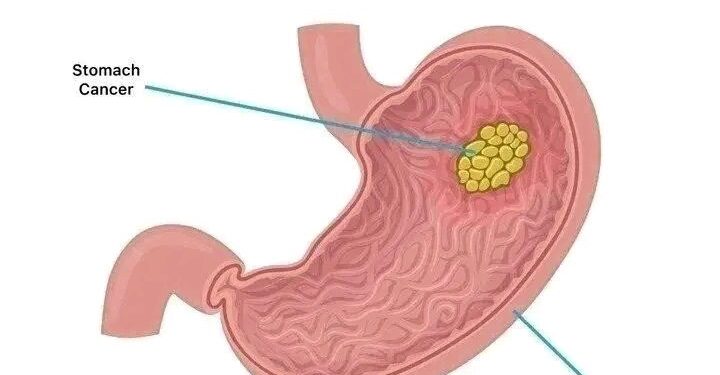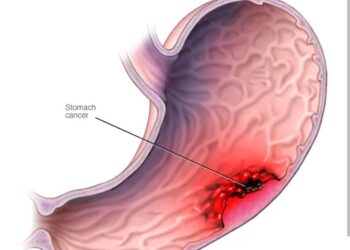Stomach cancer is a deadly disease that develops when abnormal cells grow uncontrollably in the stomach lining. It is hard to detect in its early stages because symptoms often appear late. By the time signs show, it may have already spread. That’s why prevention through healthy habits is very important.
One major cause of stomach cancer is eating too much processed meat like sausages, bacon, and smoked meat. These foods contain chemicals called nitrates and nitrites, which can turn into harmful substances when digested. Eating them too often damages the stomach lining and increases the risk of cancer. Choose fresh meat, fish, or beans instead.
Another major risk is alcohol. Drinking too much alcohol irritates the stomach lining and causes inflammation. Over time, this can lead to ulcers and even cancer. Alcohol also blocks the body from absorbing important nutrients. Reducing or avoiding alcohol helps protect your stomach and boosts overall health.
Too much salt and pickled foods are also dangerous. They weaken the stomach lining and encourage the growth of Helicobacter pylori, a bacterium, leading to stomach cancer. Limit foods that are too salty or heavily preserved.
In summary, to prevent stomach cancer, avoid eating too much processed meat, alcohol, and salty foods. Eat more fruits, vegetables, and whole grains. Taking care of your diet is one of the best ways to live longer and stay healthy.




